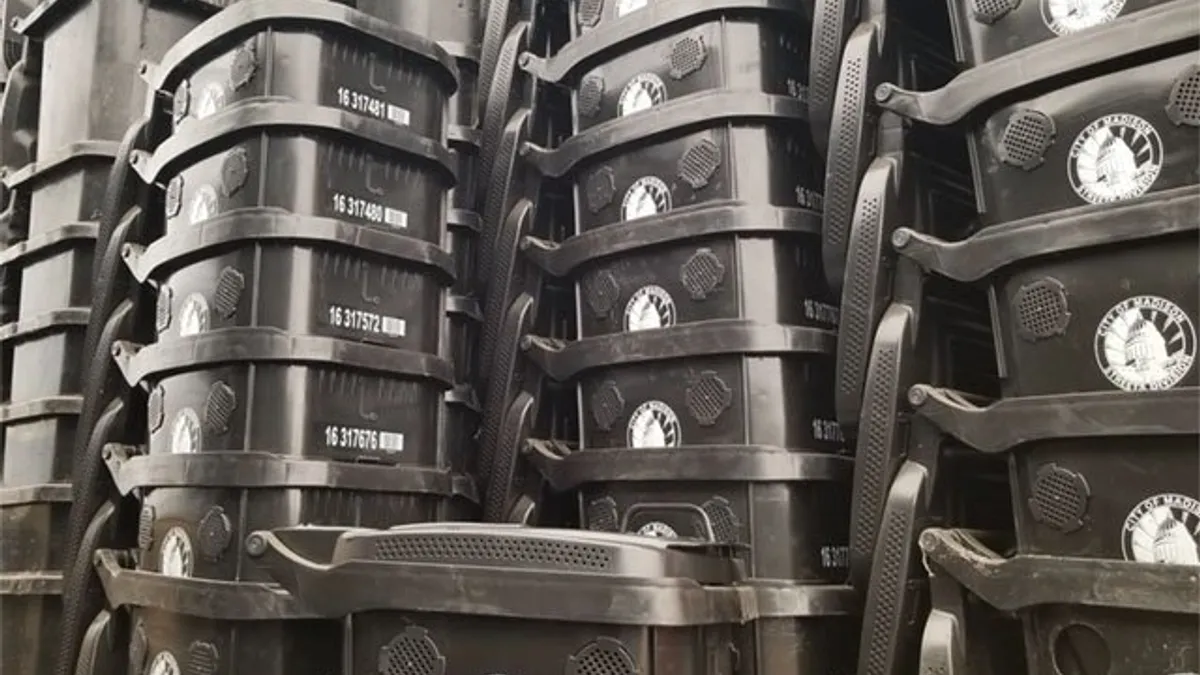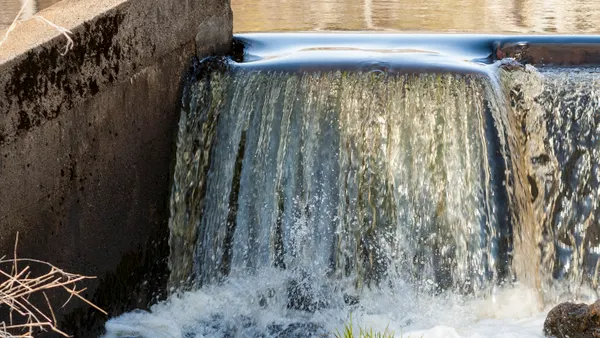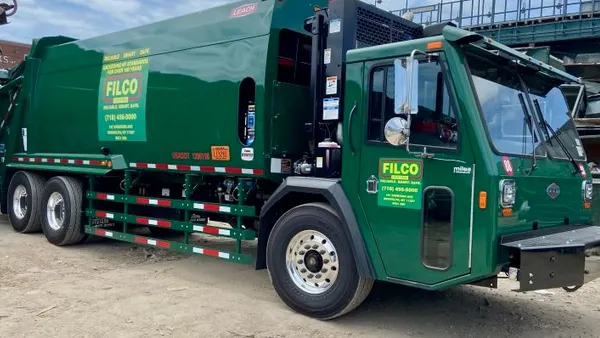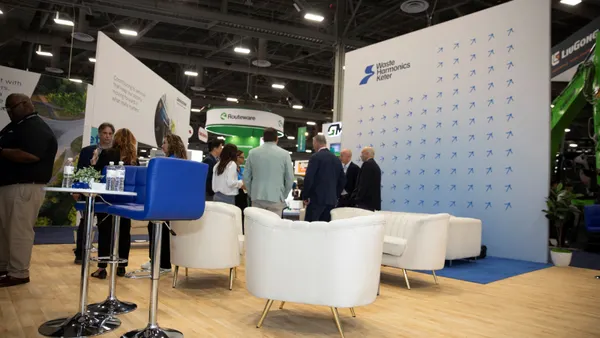UPDATE: September 30, 2019: Madison, Wisconsin's recent curbside organics collection pilot was deemed a success, according to the Wisconsin State Journal. The resurrected program collected 4.07 tons of material from 165 households during an eight-week pilot. Contamination rates were reportedly very low, due in part to curbside inspections, and the city's processing partner was pleased with material quality. Further expansion is now a priority, pending budgetary and logistical considerations.
Dive Brief:
- Madison, Wisconsin will launch a "food scraps recycling" pilot in August. This is the Madison Streets Division's second attempt, after its first curbside organics collection pilot ended last year due in part to high contamination rates.
- To help reduce contamination, the new pilot program will only accept food scraps, and residents will be provided with detailed instructions. Seasonal city workers will also check bins and communicate with participants to ensure guidelines are followed.
- Madison’s second pilot will be smaller (approximately 200 homes vs. 1,100) and shorter in duration (eight weeks vs. seven years) than the prior version. The city will be sending material to the GL Dairy Biogas digester in Middleton during this initial run.
Dive Insight:
Since the first pilot in 2011, the most persistent challenge for Madison has been ensuring the material collected at the curb meets the standards necessary for processing.
A previous partnership with a digester in Oshkosh and a composter in Caledonia — as well as the city's first attempt with GL Dairy Biogas — fell through due to high contamination rates.
The new pilot will reject compostable packaging, which some say creates confusion that may lead to more plastics in the stream. Plastic packaging, bags and expanded polystyrene foam, along with clothing, were common contaminants in the first pilot.
"The driver here is the contamination rate," Bryan Johnson, the city's recycling coordinator, told Waste Dive.
While some cities have been hesitant to embrace residential curbside organics collection in areas with lower landfill tip fees, Madison's sustainability goals have led to a different approach. The city will pay $100 per ton to tip organics from this new pilot — twice the price of the Dane County landfill.
"We can make a difference here. It's the right thing to do," said Johnson, noting that 20-25% of waste sent to the local landfill could be diverted to organics processing. Key elected officials have also expressed their support.
"My constituents have definitely expressed interest in composting. I think most of us realize that the financial cost is balanced by the environmental benefits of composting," Madison Common Council President Shiva Bidar told Waste Dive via email.
Still, Madison remains cognizant of cost, especially when considering an expanded program. Johnson is hopeful that the organics tip fee might eventually be reduced if contamination rates are kept low.
Madison has entertained the possibility of building a digester, but was deterred by the high capital cost of the project. The city set aside an initial $18 million for a digester midway through the first pilot, but funding was removed from the capital budget plan in 2015.
A new $39,000 grant from the EPA, however, will allow the city to reevaluate the viability of regional infrastructure that could serve multiple Dane County communities.
"An interesting opportunity here locally is that the Dane County landfill sits on top of a pipeline. Other biodigesters can inject their gas into the pipeline, which should hopefully spur other biodigester development in the region," Johnson noted.
The gas produced by the digester could be used as fuel for compressed natural gas vehicles or other purposes. The Department of Energy has also shown increased interest in harnessing waste as a potential source of energy, recently dedicating at least $5 million in funding to such projects.









